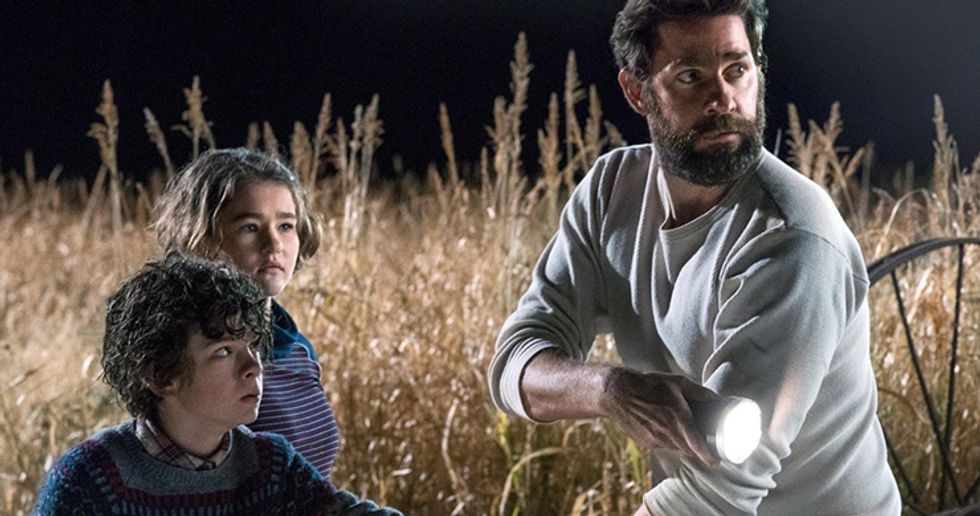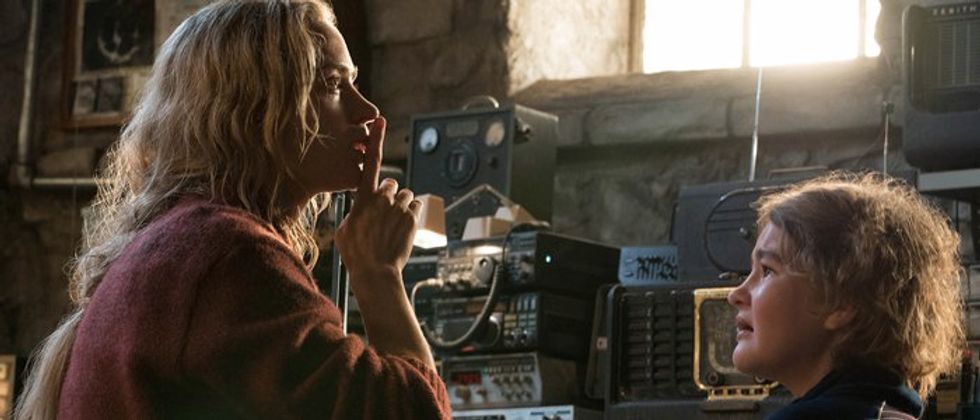In recent years groups and organizations have banded together to combat gaps and lack of representation of minority groups. In modern-day society, this includes LGBTQ members, women, African Americans, and Muslims. With further consideration, more are becoming attuned to the long-running issues in regard to prejudices and are now finding obvious evidence of inequality. This unevenness includes women vs. men in the workplace and further opportunities for white individuals vs. African-American or Hispanic people in areas such as job opportunity.
With movements like #MeToo and Time's Up, society is beginning to understand how these issues of inequality and misrepresentation exist in Hollywood too. In recent years, moviegoers, critics, actors and producers have been vocal about the need for diversity in film, as well as new approaches to positive and accurate representation.
These new approaches include casting appropriate actors for roles where characters are intended to be of another race, gender, or heritage descent. And fans everywhere have seemed to really take to proper castings and critics applaud the authenticity. For example, recent Marvel success "Black Panther" received nationwide recognition from both fans and critics for their predominant African-American cast portrayed in an African nation, Wakanda.
With Hollywood and active members of American society making strides against misrepresentation of women, race, and sexuality, some are hoping efforts continue toward the disabled community. The Horror genre with the new release, "A Quiet Place," is doing just that.
Following the lead of last year's hit thriller "Get Out," the recent release "A Quiet Place" depicts a disabled individual in a unique way. In fact, the story starring Emily Blunt and John Krasinski of "The Office," revolves around the use of sign language.
The deaf character in the film Regan (Millicent Simmonds), finds herself and her family in a literal world of silence, in response to existential alienation.
In "A Quiet Place" silence is survival. An idea some believe to offer an inclusive perspective of the deaf community. The characters' world is threatened by mysterious monsters that hunt by sound. Regan, the family's daughter, has hearing disabilities and uses a cochlear implant. This later becomes the "deus ex machina" of the film.
Throughout the film, the characters rely on sign language as their method of communication. Screenwriters of "A Quiet Place" Bryan Woods and Scott Beck stated they always had a deaf character in mind for the film.
The extensive emphasis on Regan's cochlear implant and Lee's (Krasinski) attempt to make it work, suggests ASL is used as a tool with their current and problematic surroundings, rather than a necessity of Regan's disability. Critics believe this to be positive because it promotes the desired idea of Regan being treated no differently than her siblings. Also, the means of their present world invites integration of equalization of the family where they must stay quiet to survive.
Actress Millicent Simonds, Regan in the film, calls "A Quiet Place" a win for the deaf community. She told NowThis Media, that she thinks "it is important in the deaf community to advocate for and be a representative for this story. A story that might inspire directors and other screenwriters to include more deaf talent and be more creative in the way you use deaf talent."
Director and film star Krasinski was adamant about hiring a deaf actress saying, "it is a deaf character [Regan] so obviously I thought I would get a great textured and honest performance from someone who is already living through it."
Simmonds believes this new inspiration in the film could be a wonderful thing not only for deaf actors but other disabled talents, as well.




















